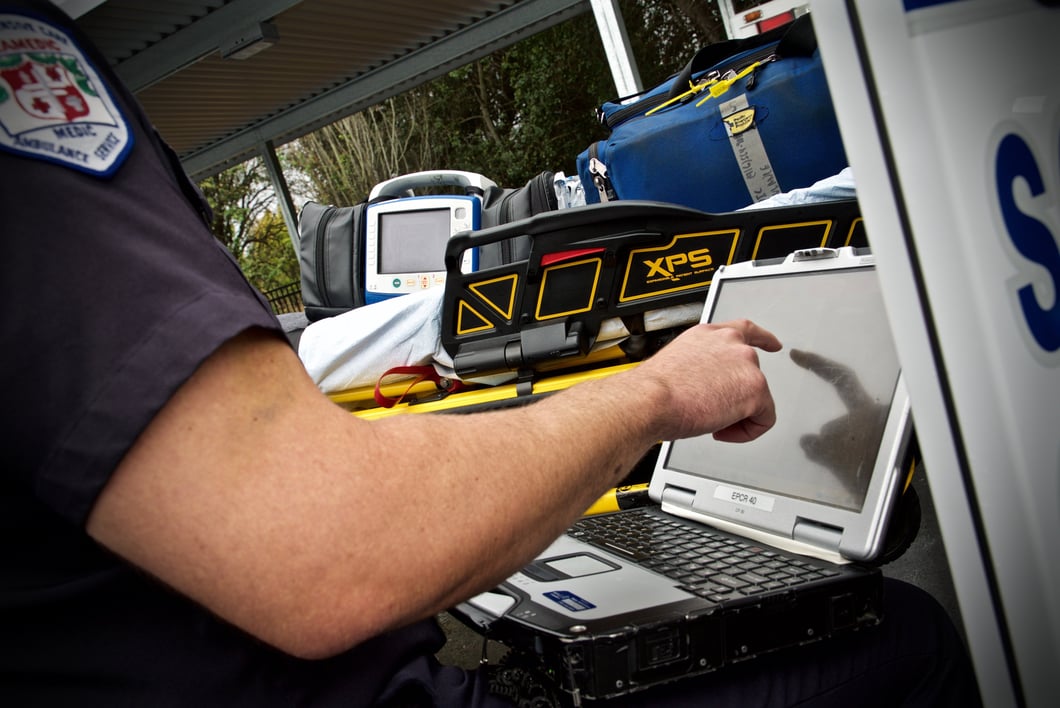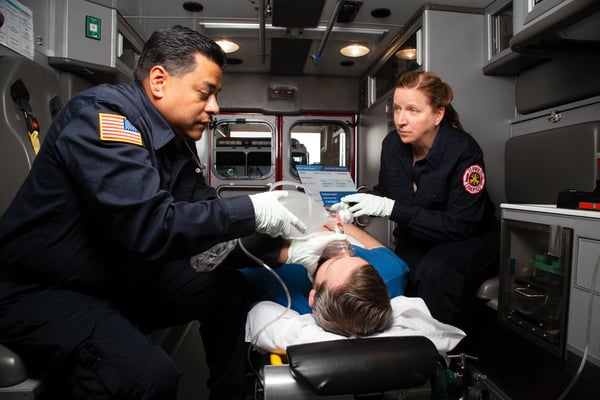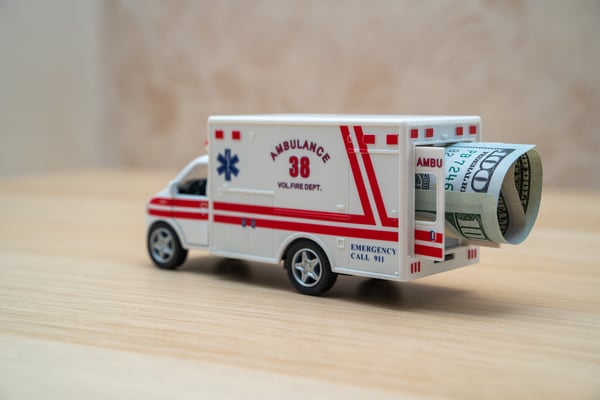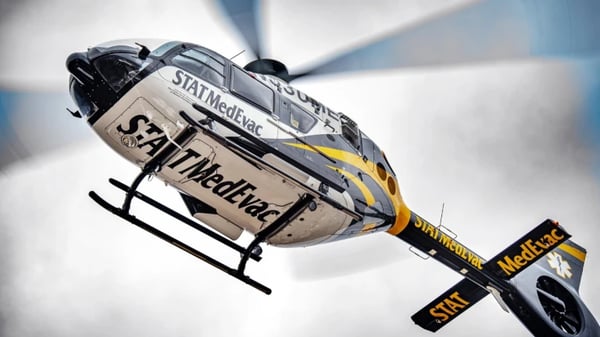News Alert: New ePCR Integration Simplifies EMS Data Management and Enables Better Care Coordination
The Future of PCRs
As I talk to customers and prospects about ePCR, I hear a lot about how great a particular feature is
Was this information valuable?

As I talk to customers and prospects about ePCR, I hear a lot about how great a particular feature is. Or that it would be nice if ZOLL’s ePCR system could do this or that. Or maybe even your competitor has this feature so why can’t you add that to your system. There’s no shortage of great ideas out there and we take this feedback from the industry very seriously as we’re planning for new versions of the product.
The Changing Landscape of Patient Care Documentation
As I listen to and catalog all of this information it makes me think about what documenting patient care will be like in five years or maybe ten. Just ten years ago most documentation was done on paper. Back then PCRs were often illegible, inaccurate and sometimes lost so in many cases there was no clear record of the care that was provided. It made it much more difficult to get reimbursed and trying to identify performance issues or negative trends required reviewing each paper chart manually. Painstaking work that was also rife with pitfalls and inconsistencies.
With the wide adoption of electronic PCRs over the past decade we’ve been able to eliminate (or at least reduce) many of the problems that existed with paper documentation. However, like anything else, as we overcome one obstacle others are exposed and the bar continues to be raised. This is a great thing for us because it forces us to think of new and creative ways to make our products better and ideally help improve the performance of the industry as a whole.
Even though the use of electronic PCRs is now widespread there is still a lot of room for improvement. For example, users are still manually entering much of the data which means inaccuracies are continuing to happen more than they should. We’re working hard to find ways to eliminate manual data entry everywhere we can. While the ability to import vital signs from monitors directly into an ePCR has been available for a long time there are many other ways to automate data entry and improve patient care. For example:
- Scanning driver’s licenses for name, address and date of birth
- Scanning bar codes on medications and other items to capture procedures done in the field
- Notifying users of contraindications for specific procedures
- Including photos, audio and video of the scene to help physicians better understand the situation
- Scanning health insurance cards for payor information
- Querying Health Information Exchanges (HIEs) or hospital systems for past history, medication and allergy information
- Geocoding to get pickup and destination addresses
- Geo-fencing to automatically set at-scene, depart scene and at destination timestamps
These are just some of the areas we’re already working on to make patient documentation easier in the near future. But what about the more distant future? How will we take advantage of the new technologies being developed and improved upon every day? Will medics be documenting on smart phones rather than laptops? Will they use headsets that take advantage of speech-to-text and voice command technology? Will medics wear and interact with heads-up display glasses like Google Glass? Will true telemedicine be used where data is streamed from monitors and video cameras in the field directly to the ED? Will biometrics be used for patient and witness signatures?
What Do You Think the Future of Patient Care Documentation Will Look Like?
What do you think? How will medics document patient care in the future? How can ePCR solutions be improved to make documentation easier? More accurate? More complete? How can we better collect and utilize information to not only improve the care of the single patient but to also learn from it so can provide the next patient with better care as well?
Related Posts
4 Must-have Data Points for Dispatch-Billing Alignment and Maximum Reimbursement
How STAT MedEvac Connected Device, Software, and Data Technology To Enhance QA and Elevate Care
ZOLL Pulse Blog
Subscribe to our blog and receive quality content that makes your job as an EMS & fire, hospital, or AR professional easier.
ZOLL Pulse Blog
Subscribe to our blog and receive quality content that makes your job as an EMS, fire, hospital, or AR professional easier.




